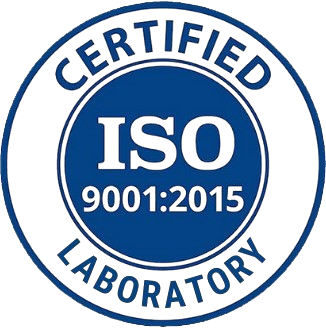
Electrochemistry is a truly multidisciplinary science which can be applied to a variety of fields within the physical, chemical and biological sciences.
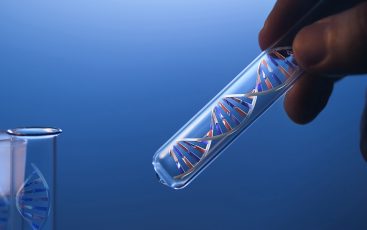
Nano-biosensors are advanced devices that integrate nanotechnology with biological sensing elements to detect specific biological, chemical or physical substances
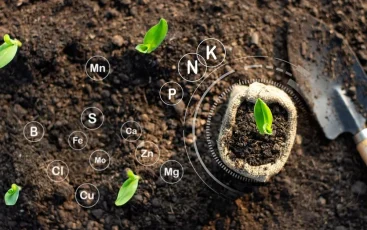
Nano-fertilizers are innovative fertilizers developed using nanotechnology to enhance nutrient delivery to plants. They are designed to address
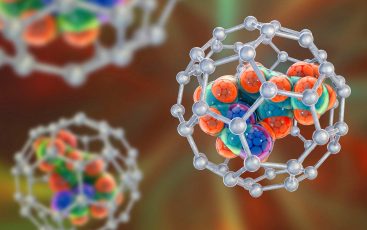
Nano-drug carriers are advanced delivery systems that utilize nanotechnology to transport therapeutic agents (drugs) to specific target sites within the body.

Nano-drug carriers are advanced delivery systems that utilize nanotechnology to transport therapeutic agents (drugs) to specific target sites within the body.
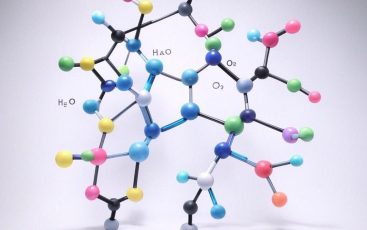
The Oxygen Evolution Reaction (OER) is a key electrochemical reaction that involves the generation of oxygen gas (O₂) from water or hydroxide ions.

A supercapacitor, also known as an ultracapacitor or electrochemical capacitor, is an energy storage device that bridges the gap between traditional capacitors and batteries.


